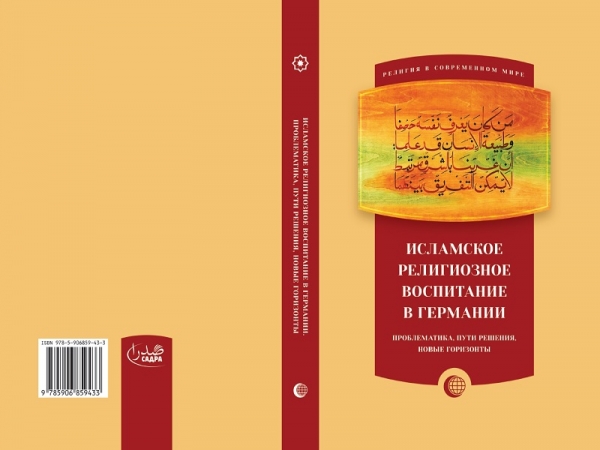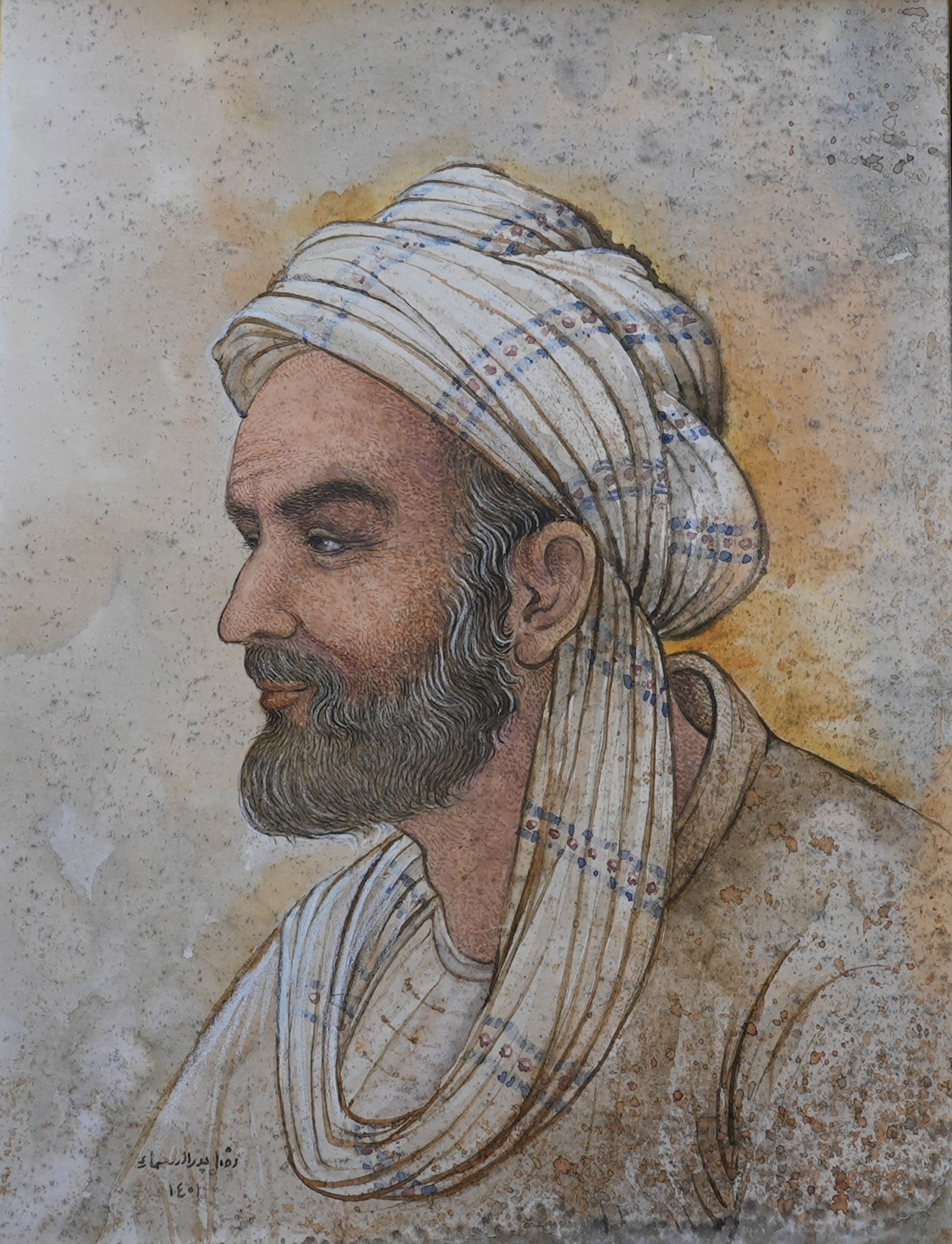A monograph written by Petr Kazaku, an Orthodox Christian scholar and researcher of Islam, entitled “Islamic religious education in Germany: challenges, solutions, new horizons” has been published.
Religious education in schools is one of the forms of the religion’s presence in a civic society. Although religious education of students in one country is inimitable due to constitutional, legal, cultural, ethnic, social and political circumstances, referring to this experience is quite useful.
The experience of Germany is of strategic meaning for Russia. Similarly to Germany, Russia is a multiconfessional state. Like in Germany, there is a real threat of youth radicalisation in Russia. Therefore, following the German example, Russia should develop a complex long-term strategy to prevent religious radicalisation of Muslim youth through religious education in schools. Such radicalisation is fuelled not so much by social issues (unemployment, marginalization of certain religious and ethnic groups) as by external ideological infusions within the framework of spiritual and outreach activities conducted by religious communities. The development of this strategy will be much more efficient if we learn from others’ mistakes and experience.
The “Islamic religious education in Germany: challenges, solutions, new horizons” monograph was prepared and issued with the support of the Moscow Spiritual Academy of the Russian Orthodox Church, the Institute of Oriental Studies of the Russian Academy of Sciences and the Islamic Culture Research Foundation. The introduction for the book was written by A.V. Zhuravskiy, leading researcher of the Institute of Oriental cultures and antiquity, candidate of historical sciences.
The work will be interesting for those who explore the modern state Islam on the West but have limited access to foreign literature, as well as for general readers.



